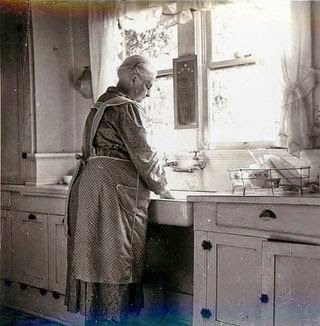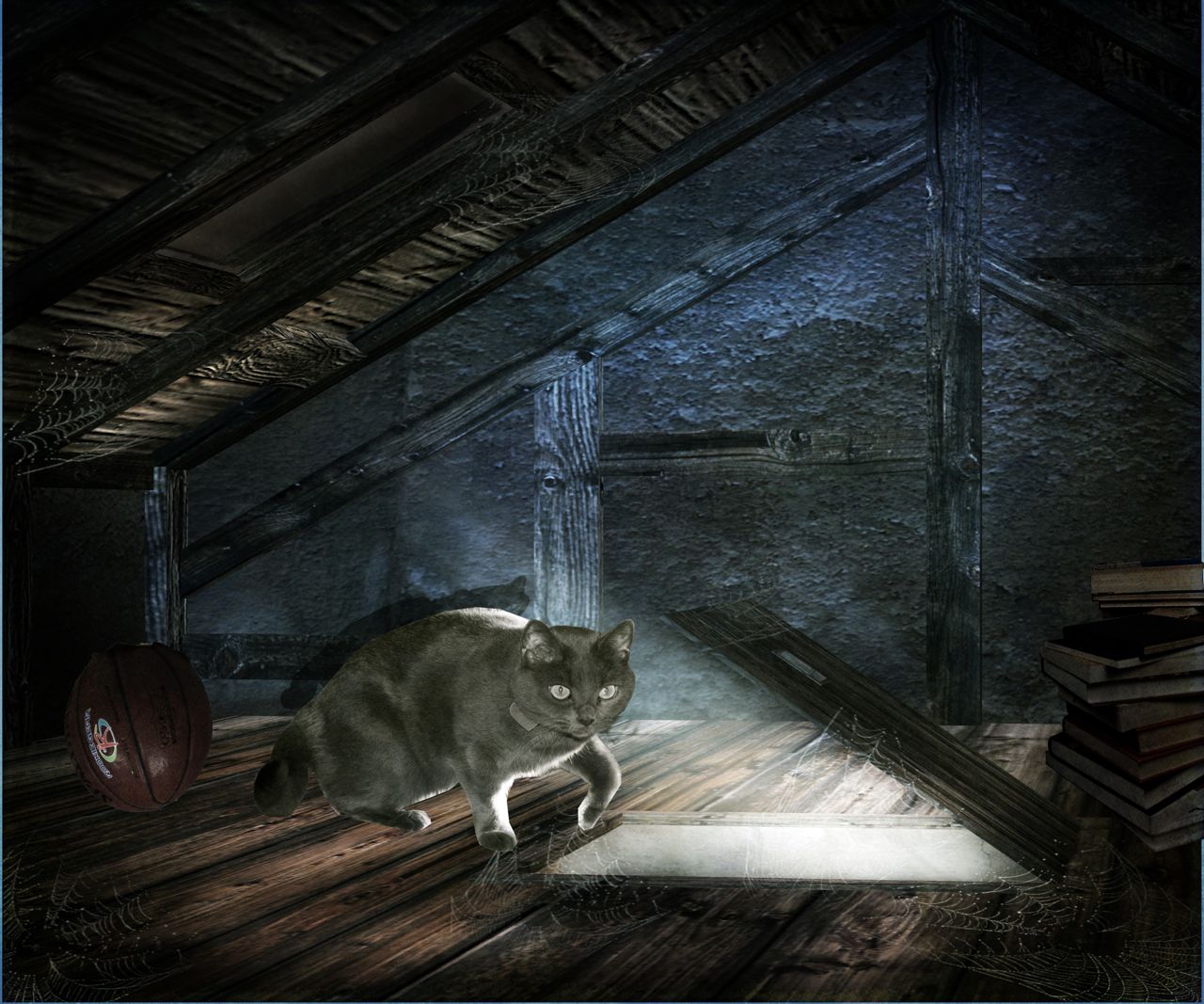by David Griffin
A Christmas Symbol You
Can’t Buy
A
Christmas story from Monk In The Cellar, the novel about eleven destitute monks
in a decrepit old monastery in New York State. Through a strange set of circumstances, Brother
Jesse finds his way to the Internet and writes a tell-all blog.
It’s after compline now and I’ve come down here to the
cellar as I like to do late at night.
Just to be with my thoughts. I
spent the afternoon working with Brother Winifred, who we call Kickstart. We all have nicknames for each other, and his
comes from his motorcycle days.
I feel badly for Kick. He is unsure of his vocation, writhing in an agony of indecision. I'm not sure he has a true calling to this
life. He may have only an attraction to
its different-ness. I can't tell him
whether he is called to it. He either is
or he isn't. If I could give Kickstart
the answers he seeks, I would surely do so.
But it turns out we can never give people what they truly need. We can only listen to them. Sometimes we can help them hear what lies deep inside them.
On my
first Christmas away from home after joining the Ardent Brothers as a young
man, I was assigned to a Retreat House in New Jersey and was serving on a 4-day Retreat for retired nuns …
40 of them! When my little travel alarm
went off at 5:00 on Christmas morning, I woke up in my cell-like room
in the dark.
I thought back to all the
times as a boy I had come awake on this day,
sure that a surprise gift or two waited for me under a glorious tree
festooned with colored lights. There
would be no tree or gift this morning and I felt lonely and rather sad, even at
age 24. I switched on the lamp and
beneath it on the bedside table sat a small box wrapped in Christmas paper.
Opening it, I discovered a pine cone,
round and open with square woody sprigs sprouting out. The touches of pine sap had dried to a white
frosting, making it very Christmas-like.
It was beautiful. It was
wonderful. I’ve kept it for years.
The pine cone is an
ancient symbol of enlightenment and no doubt one of the nuns believed I was in need of a good measure of
it I laughed to myself. She was probably right.
A half hour
later I stood next to an old priest on the altar as he said Mass and I
functioned as the altar server. I looked
out at the forty women in their religious habits and saw one who might have
been the oldest smiling at me. She was
beaming and her hand gave me a little wave.
Later at
breakfast, I spoke to her. “Thank you so
much for the pine cone. Why did you do that for me?”
“You’re the youngest here,”
she said. “You would miss Christmas
presents the most.”
I was embarrassed. “I guess I’ll get over it someday,” I said.
“Oh, you needn’t rush,” she
said. “Embrace that longing you have for a gift from under the Christmas
tree. Feel it and let it remind you that
something deeper in you is longing for Him."
“Longing for a Christmas
present and longing for God are not the same,” I said.
“Are you sure?” She laughed. “Don't be so holy. Let your desires show you what your soul
already knows to be true."
"I'm not sure I know
what I want," I said.
"You will know when
you listen," she said.
When I listened, I found strength to live by,
and coincidentally the meaning of Christmas.
It is Emmanuel, the name that means He is with us. There is someone who walks the path by our
side throughout our lives, who shows himself at the oddest times through a
variety of people. It turns out our
salvation is worked out among our friends and neighbors. And all we need to do is
what that little sign tells us … the one we often see at this time of year hanging
in a store, a bar, an office, a dorm room or a home. It explains everything in one word,
"Believe." It's all we need if
we want to see miracles happen all around us.
You know, I can't give
Kickstart his faith. But I can give him a
symbol and pray that he listens. I can
give him my pine cone.
Listen and you will hear
what’s inside you..
Believe and He will be with you..
Emmanuel.
Merry Christmas!
Copyright 2014, David Griffin














